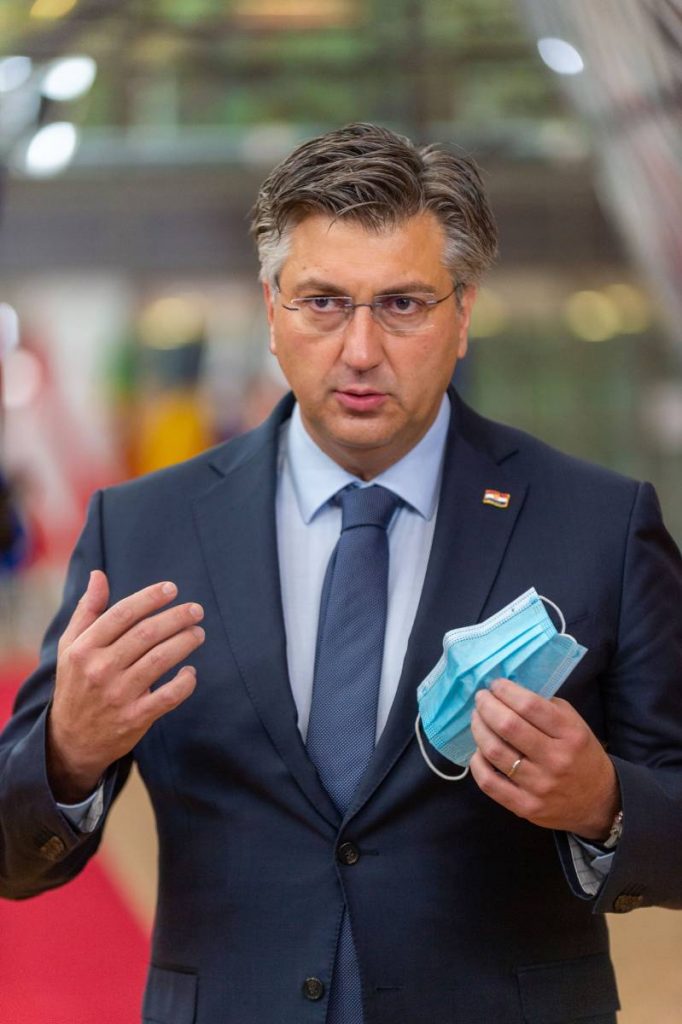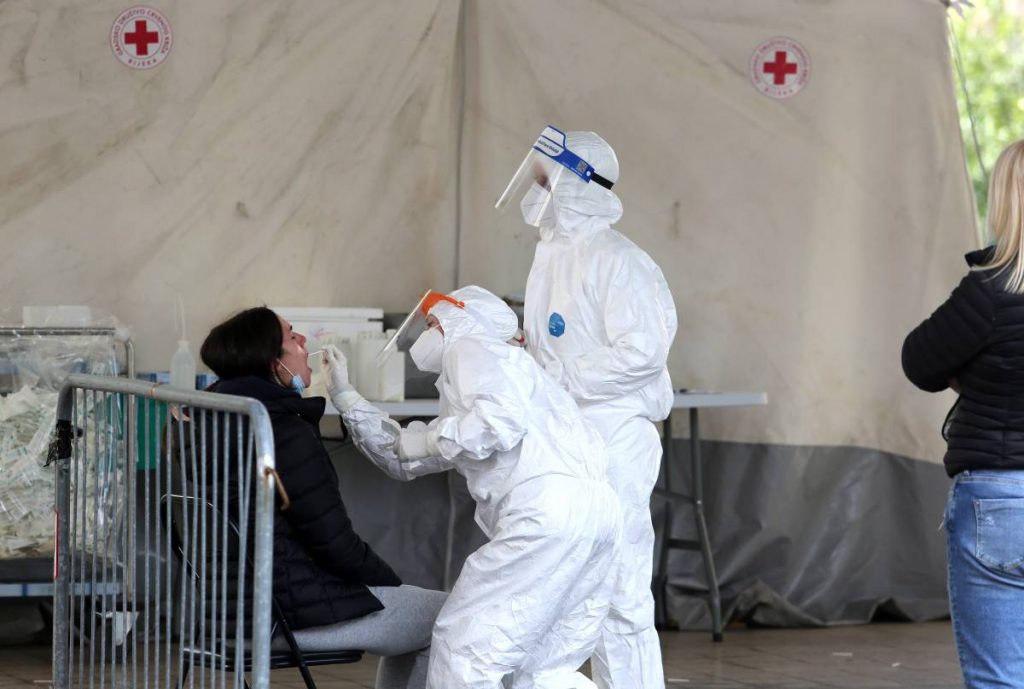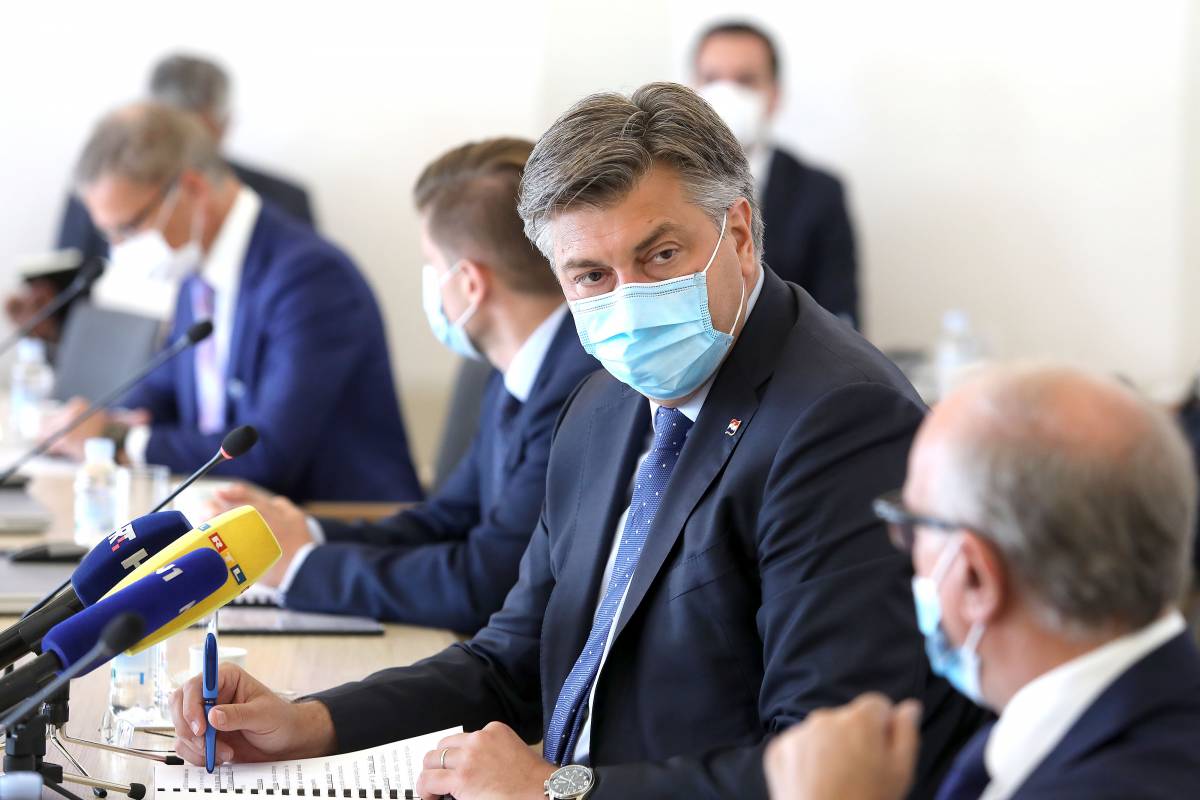Croatian Prime Minister Andrej Plenkovic on Thursday announced further easing of lockdown measures in the country, allowing some catering businesses to partially reopen.
Starting Monday, fitness centres will be allowed to work again, and foreign language schools for children will be reopened, as well as casinos and sports betting shops. Cafes, bars and restaurants will be allowed to sell drinks and food to go, but terraces for guests will stay closed, the Xinhua news agency reported.
Plenkovic said at a government session that there is no room for large-scale relaxation, but some easing is possible thanks to the people who were behaving responsibly in the last few weeks. He stressed that people should remain cautious because of the new coronavirus variant B.1.1.7 that was confirmed here on Wednesday.
On March 1, the government will consider the effect of the measures and adopt new measures in accordance with the epidemiological situation.
Croatian Voice of Entrepreneurs Association welcomed the government’s decision to relax some measures but stressed that it’s not enough. They said that it’s not fair to let casinos work, while cafes’ and bars’ terraces remain closed. The government financial assistance, the association said, is only sufficient to save jobs, but companies have much bigger costs.

In late November, after the sharp rise in new cases, Croatia introduced restrictions which included the closure of cafes, bars, and restaurants, and limited public gatherings. A few weeks later, schools were closed as well. On February 1, all schools in the country were reopened.
In the last 24 hours, there have been 376 new Covid-19 cases in the country, and 25 people have died. Since February 25, 2020, when the first case of Covid-19 in Croatia was confirmed, there have been 236,709 registered infections, including 5,263 deaths.
As the world is struggling to contain the pandemic, vaccination is underway in some countries with the already-authorized coronavirus vaccines.

Meanwhile, 242 candidate vaccines are still being developed worldwide — 63 of them in clinical trials — in countries including Germany, China, Russia, Britain and the United States, according to information released by the World Health Organization on Tuesday.
After initial delays in the delivery of vaccines, Plenkovic said that larger quantities of vaccines are expected by the end of March. “So far we have received about 150,000 doses, and we expect more than 600,000 doses by the end of March,” Plenkovic said.
Also Read-‘Coup in Myanmar an extraordinary threat to national security’
Read More-Facebook limits Myanmar military content as misinformation spreads

